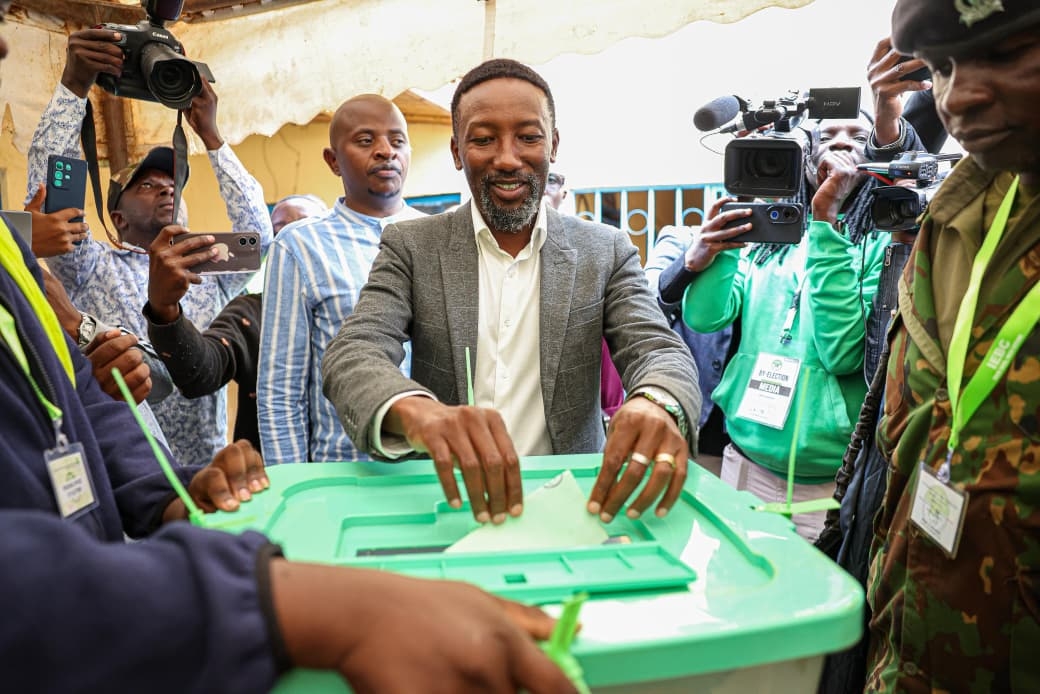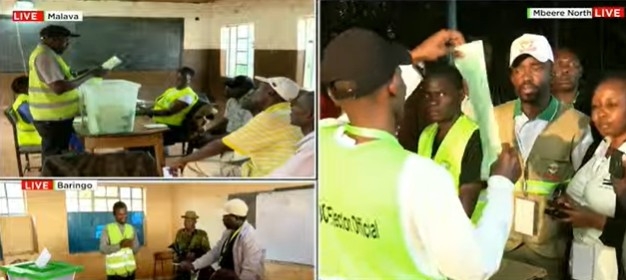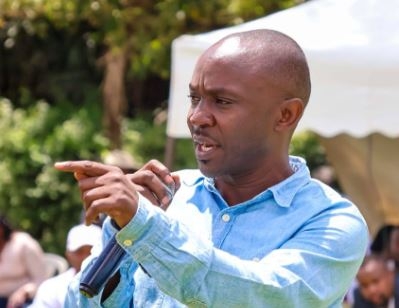A new report has exposed the vulnerability of women in some cultures where they are forced to have sexual rituals with a promise of better yields on their farms.
The rituals, which include sexual encounters, must be performed during land preparation, before planting up to the harvesting.
Life is more complicated for women whose husbands have since migrated to towns or cities.
“The absence of men means a woman cannot do anything because there is no one to engage in these rituals thus the land is left uncultivated because the rituals have not been performed,” reads in part the report.
The report is a product of a field study commissioned by the Kenya Female Advisory Development Organization (KEFEADO) and Sightsavers, an international charity working to prevent avoidable blindness, support equality for people with disabilities and advocate for change.
Other partners included the Global Labor Program (GLP)-Inclusive Futures (IF) with the United States Agency for International Development (USAID) coming in as a funder of the study.
The report says women reported a myriad of barriers that affect them in society and at places they work.
Respondents included communities currently contracted and supported by one of the local companies to produce sorghum in parts of Homa Bay County.
Despite having support including a ready market, cultural beliefs are eroding the gains.
“These include unfavourable cultural beliefs and practices such as the belief that women cannot plant or harvest until they have sex with their husbands, cannot plough, or harvest before mother-in-law plants reinforce gender inequality and exclusion that limits their participation in the value chains,” the report reads.
“For instance, decisions and actions surrounding sorghum farming are centered around sexual encounters that act as fertility rituals to get good harvests. So, the rituals must be performed during land preparation, before planting up to the harvesting,” the report reads.
It adds that there is also discrimination against women’s bodies for example during menstruation, further impeding active engagement of young women of reproductive age who thus miss working on their property during their menses.
The study also revealed, that women do most of the farm work, which is unpaid, but still do not own the lands they till.
This, according to the study, is a practice which is perpetuated through the inheritance process where fathers pass on the ownership of land to their sons as heirs and not their daughters.
“There are beliefs in the society that a woman with no husband cannot plant sorghum. This is because they have to spend time with their husband [read have sexual intercourse] during the planting period according to the Luo culture,” said one of those interviewed.
“Women must ensure that their husbands are around before they plant these seeds as there some are cultural bonds that have to be broken so that there is no death in the homestead,” the respondent added.
The report adds that these beliefs have a big influence on women's participation in the sorghum value chain where sexuality and farming decisions and activities within the community are intertwined.
It adds that such gendered practices biased against women in the farming of sorghum and maize lead to delayed decision-making and losses especially due to the reliance on rain-fed agriculture.
“It is believed that the children (youth that are of marrying age) who have not established their home and have wives in the (that is still live in simba or their cottages), should not have sex immediately these plantations are made or they risk their lives due to bad omen happening in the family,” said another respondent.
Respondents expressed that women in the village do farming their entire life but they die poor and undeveloped.
This is because women spend too much time tilling the land through traditional farming that they don’t have time to engage in other valuable income-earning activities.
The respondents added that women don’t own land and don’t decide what is to be planted in it, which means they don’t have the opportunity to re-invest the returns.
“Men control everything that comes through the household. A woman cannot proclaim to be in control of things that she found in place when she came from her home, including land. But she must work very hard. I am even annoyed with the rule that requires women to inherit land at their homes because this is against our culture here...We control land and livestock,” a respondent said.
The report further says there are also myths and cultural practices that relate to the sorghum value chain where women are prohibited from doing certain farming activities without their husbands’ involvement or when having their menses.
For instance, women could not plant sorghum in the absence of their husbands or work on young sorghum fields during menstruation.
“If a woman plants sorghum in the absence of the husband the family will experience misfortunes including death, so as a woman, I cannot go ahead and plant without having a sexual encounter with my husband,” said a respondent.
“We are not allowed to weed sorghum or pass through it because this will lead to crop failure” added another respondent.
Among the recommendations in the report is the need to design and support specific customised capacity-strengthening initiatives that target different categories of support groups.
Another recommendation is to continually advocate for policies and laws that promote equal participation and ownership of assets for both men and women.
The report also calls for a clear push for gender directorates to measure gender development indices, youth development indices as well as negative cultural beliefs, norms and stereotypes with a goal of minimizing their harm.
















